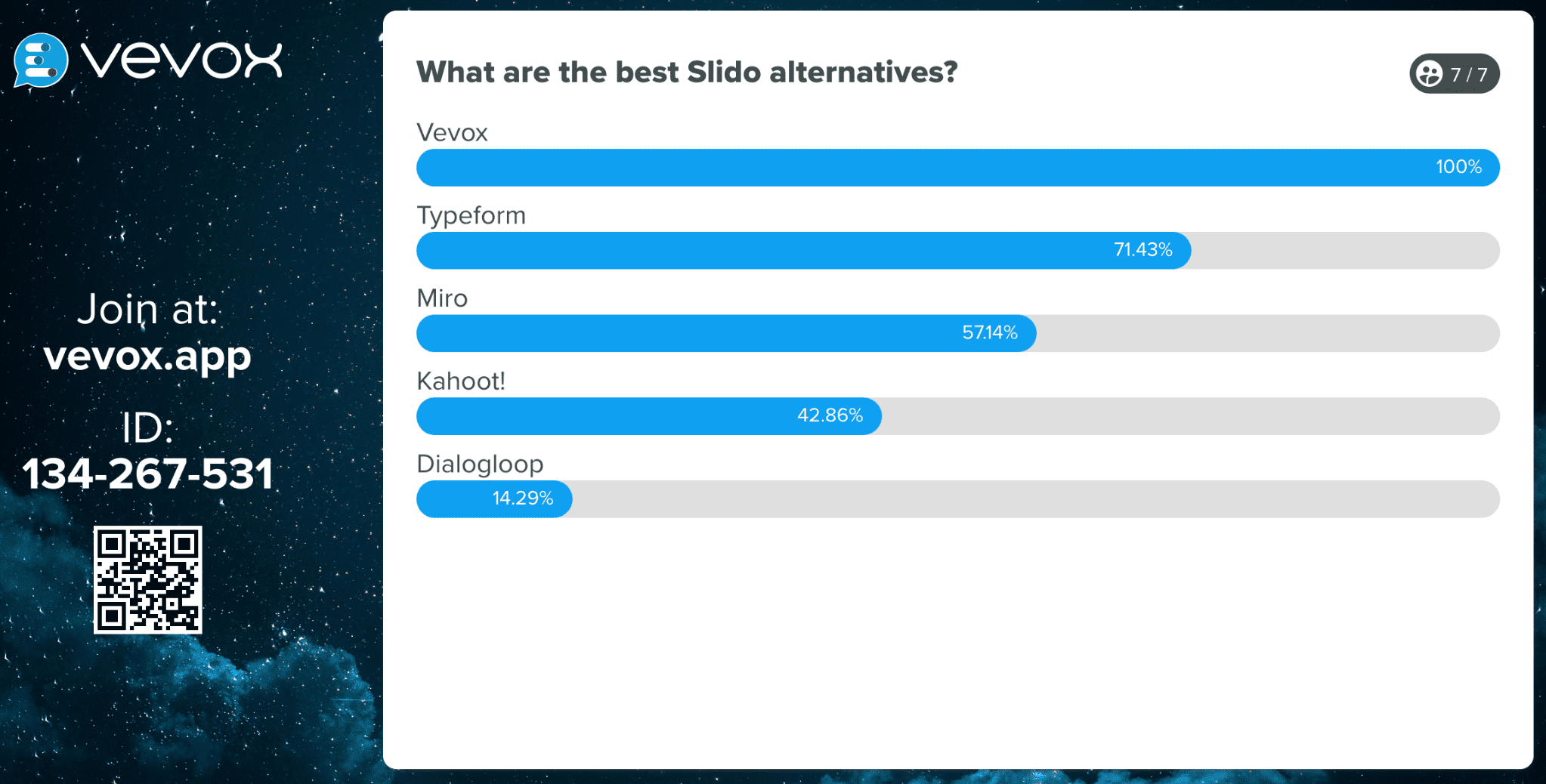At times of crisis, businesses have often in the past been forced to shut up their offices; and schools, colleges and universities to close their classes and cancel their lectures. Conferences, exhibitions and other events worldwide have been cancelled.
Organisations can still continue to operate and educational establishments run even in the most difficult circumstances. We have seen it in the past when storms, flooding or snow have hit and made it impossible for employees to attend the office. We have seen it when the volcanic ash cloud erupted in Iceland in 2010 and travel around the world was disrupted. The current crisis is dark and unprecedented but businesses still need to function and educational establishments teach their students and prepare them for exams.
It is in scenarios like this where face-to-face engagement is no longer an option and working from home may well be a necessity that online learning and remote access have a key role to play. They can provide critical continuity. They can keep businesses and schools up and running. And they can do all of that through technology enabled through a laptop, tablet or even a smartphone.
In a business context, providing remote access can be a cost-effective approach, allow people to be in multiple locations and still working on the same projects, as well as avoiding any complications associated with the need to travel to meetings. Providing remote access is also the key foundation of more collaborative online working in the shape of virtual meetings.
The Benefits of Online Collaboration
Virtual meetings offer a simple way to connect with a group instantly, anytime and indeed anywhere. They enable connections to be made with users anywhere in the world and they save on space and the expense of hiring physical meeting rooms. Information can be shared instantly and difficult decisions debated, with solutions reached quickly and efficiently.
Virtual meetings also allow businesses to support dispersed workforces, an approach that helps deliver genuine inclusivity across the entire ecosystem.
Easy to use app based technology also has a key role to play in supporting online learning, which is key at times of crisis, when travelling into campuses may not be an option, in keeping schools and colleges up and running. The University of Surrey recently announced plans to stop face to face lectures due to coronavirus fears. The move will enable students to access lectures remotely, helping to reduce the disruption to their learning at this difficult time.
The capabilities of online education technology are ramping up all the time. Students have an ever-expanding choice, typically ranging from real-time engagement tools to study apps, campus-wide learning management systems and virtual learning environments. Studying online can have a transformative impact on pupils and students, making the process an easier and potentially more immersive experience. But when they face disruptive circumstances, its biggest benefit is simply giving them continuity of learning.
In a digital society and indeed economy, remote and online access are key in supporting continuity of business and of learning – and at times of crisis providing that continuity becomes more important than ever.




